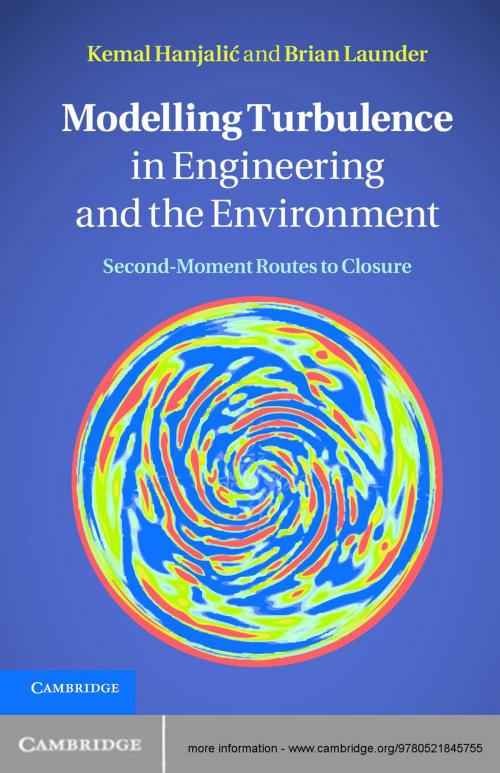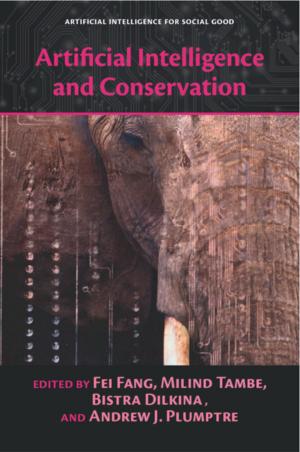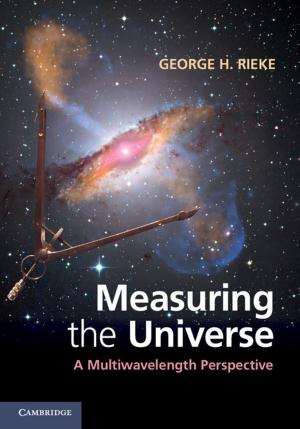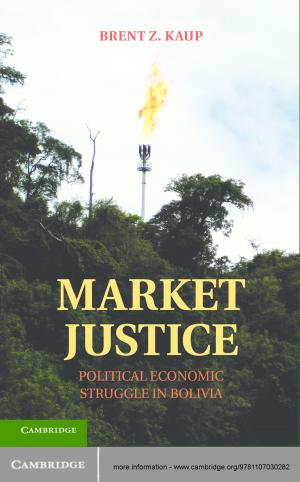Modelling Turbulence in Engineering and the Environment
Second-Moment Routes to Closure
Nonfiction, Science & Nature, Science, Physics, Mechanics, Technology| Author: | Kemal Hanjalić, Brian Launder | ISBN: | 9781139814096 |
| Publisher: | Cambridge University Press | Publication: | October 20, 2011 |
| Imprint: | Cambridge University Press | Language: | English |
| Author: | Kemal Hanjalić, Brian Launder |
| ISBN: | 9781139814096 |
| Publisher: | Cambridge University Press |
| Publication: | October 20, 2011 |
| Imprint: | Cambridge University Press |
| Language: | English |
Modelling transport and mixing by turbulence in complex flows is one of the greatest challenges for CFD. This highly readable volume introduces the reader to a level of modelling that respects the complexity of the physics of turbulent flows – second-moment closure. Following introductory chapters providing essential physical background, the book examines in detail the processes to be modelled, from fluctuating pressure interactions to diffusive transport, from turbulent time and length scales to the handling of the semi-viscous region adjacent to walls. It includes extensive examples ranging from fundamental homogeneous flows to three-dimensional industrial or environmental applications. This book is ideal for CFD users in industry and academia who seek expert guidance on the modelling options available, and for graduate students in physics, applied mathematics and engineering who wish to enter the world of turbulent flow CFD at the advanced level.
Modelling transport and mixing by turbulence in complex flows is one of the greatest challenges for CFD. This highly readable volume introduces the reader to a level of modelling that respects the complexity of the physics of turbulent flows – second-moment closure. Following introductory chapters providing essential physical background, the book examines in detail the processes to be modelled, from fluctuating pressure interactions to diffusive transport, from turbulent time and length scales to the handling of the semi-viscous region adjacent to walls. It includes extensive examples ranging from fundamental homogeneous flows to three-dimensional industrial or environmental applications. This book is ideal for CFD users in industry and academia who seek expert guidance on the modelling options available, and for graduate students in physics, applied mathematics and engineering who wish to enter the world of turbulent flow CFD at the advanced level.















